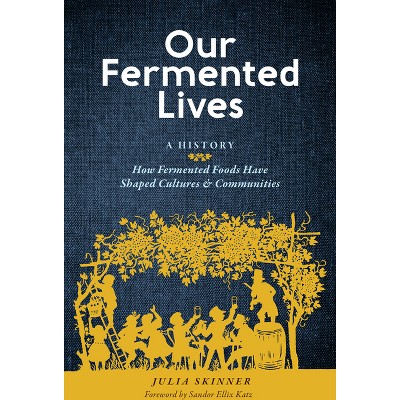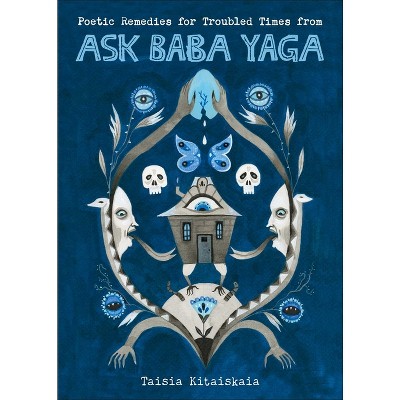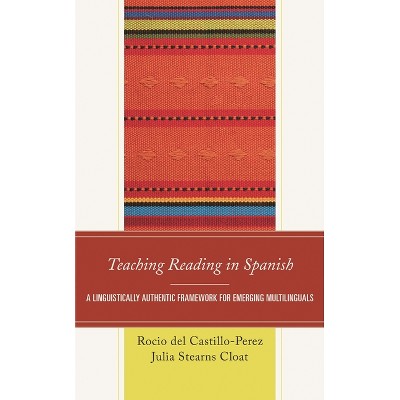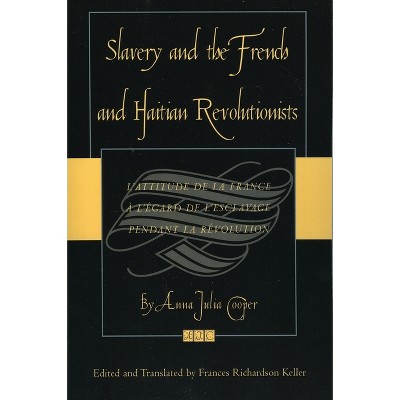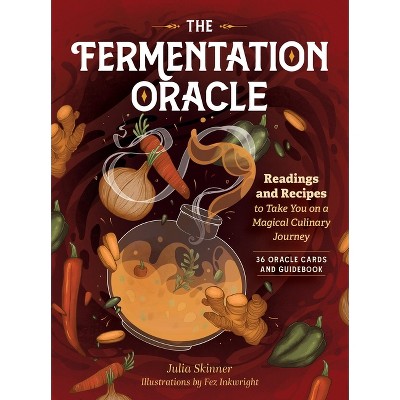About this item
Highlights
- Afternoon Tea: A History explores the development of the afternoon tea meal, diving deeper than the popular tale of the Duchess of Bedford's afternoon gatherings to find the meals that inspired those early afternoon teas.
- About the Author: Julia Skinner, PhD, is a food historian, chef, visual artist, and cultural heritage professional.
- 244 Pages
- Cooking + Food + Wine, History
- Series Name: Meals
Description
About the Book
Afternoon Tea focuses on the history and development of afternoon tea. While other books focus on etiquette, recipes, or a few notable figures, this book offers a more in-depth consideration of the meal by discussing its intersections with English colonialism, its changes over...Book Synopsis
Afternoon Tea: A History explores the development of the afternoon tea meal, diving deeper than the popular tale of the Duchess of Bedford's afternoon gatherings to find the meals that inspired those early afternoon teas. Julia Skinner carefully separates the fact and lore around the meal and sets the story of afternoon tea within its historic contexts. Recognizing that a meal's birth and life never happen in a vacuum, the book sets aside the already well-documented conversations surrounding tea etiquette, instead exploring the social contexts that made the meal possible and popular, moving it from one small subset of the population to a widespread and beloved phenomenon, one that nearly died out at the end of the 20th century before experiencing a resurgence in the 21st.
Afternoon tea is a meal that came of age during the British Empire's most aggressive expansion, and as such became a meal that was transported to new continents with colonial forces. The book explores how this movement took place and uncovers the different ways tea and colonialism intersect in both the colonial and postcolonial worlds. It also looks at afternoon tea in America, a country that broke from the Empire before the meal was established as a set ritual, but which still has its own complex relationship with the beverage and a continuing fascination with the meal. The book concludes by looking at afternoon tea today, including a handful of interviews that show the range of perspectives about the meal and its place in society, as well as its resurging popularity in the last decade.
Review Quotes
"Under its appealing cookbook cover, this volume by food writer Skinner is a sociocultural history of afternoon tea--as an established Western meal and a social performance--in the wake of the previous books in the "Meals" series, such as Barbecue (CH, Mar'15, 52-3628) or Brunch (CH, Jan'15, 52-2619). Skinner debunks widely held anecdotes about the tradition's invention and its etiquette and codification. . . . The author underlines how changeable the custom has been--as well as the ways in which its gendered origin as a private social gathering for women, its intersections with national identity, and its class perceptions were responsible for its waxing and waning popularity." --Choice Reviews
"[T]his book would be a suitable introductory book for general readers and undergraduates interested in either food studies and/or imperial history. It deftly draws out some of the key issues in food studies, such as how foodways are affected by class, race, and empire, and shows the ways food motivated imperial expansion. It will serve as a useful springboard, as well, for scholars interested in studying how tea was received and integrated into foodways in the Global South during the colonial and postcolonial eras." --Food, Culture & Society[T]his book would be a suitable introductory book for general readers and undergraduates interested in either food studies and/or imperial history. It deftly draws out some of the key issues in food studies, such as how foodways are affected by class, race, and empire, and shows the ways food motivated imperial expansion. It will serve as a useful springboard, as well, for scholars interested in studying how tea was received and integrated into foodways in the Global South during the colonial and postcolonial eras.
Under its appealing cookbook cover, this volume by food writer Skinner is a sociocultural history of afternoon tea--as an established Western meal and a social performance--in the wake of the previous books in the "Meals" series, such as Barbecue (CH, Mar'15, 52-3628) or Brunch (CH, Jan'15, 52-2619). Skinner debunks widely held anecdotes about the tradition's invention and its etiquette and codification. . . . The author underlines how changeable the custom has been--as well as the ways in which its gendered origin as a private social gathering for women, its intersections with national identity, and its class perceptions were responsible for its waxing and waning popularity.
About the Author
Julia Skinner, PhD, is a food historian, chef, visual artist, and cultural heritage professional. She is Director of Root, a food history and community building organization, and a professional fermenter. She has authored numerous articles and books across several academic disciplines, and has served as Editor for several academic and trade publications, including her current position at Parenthesis.
